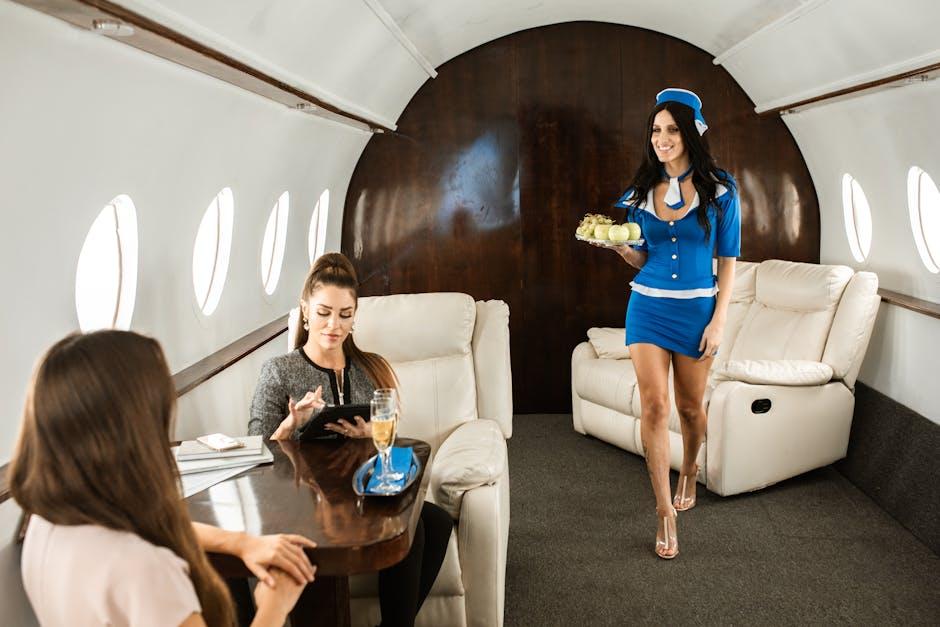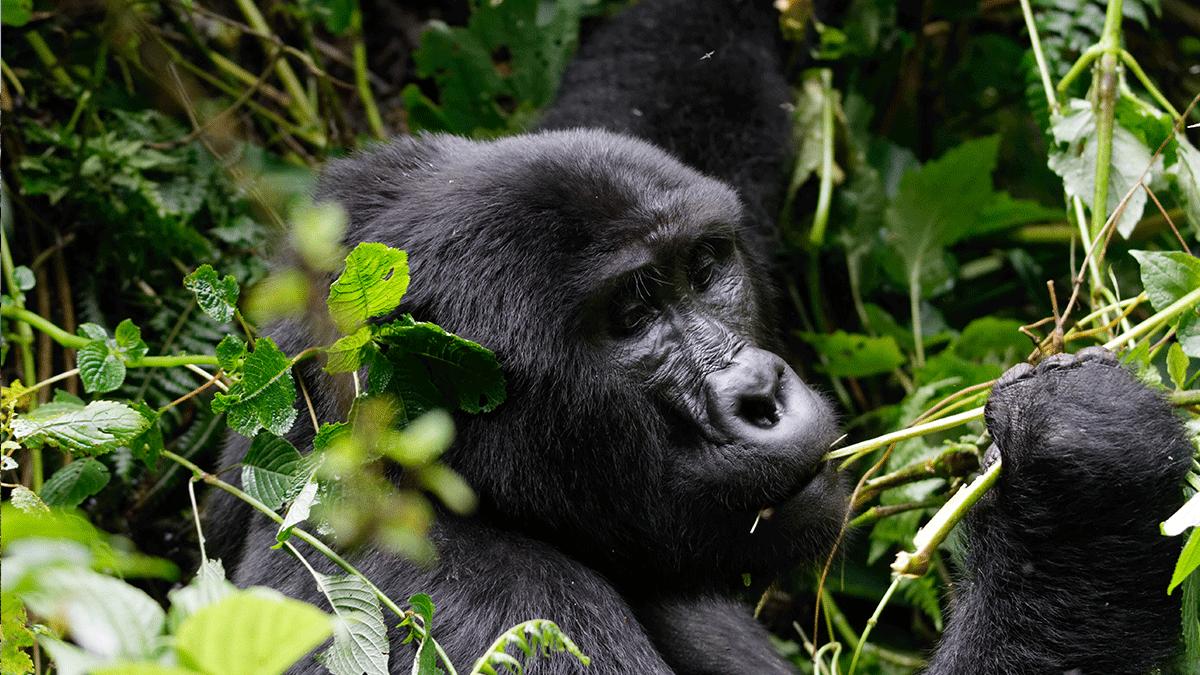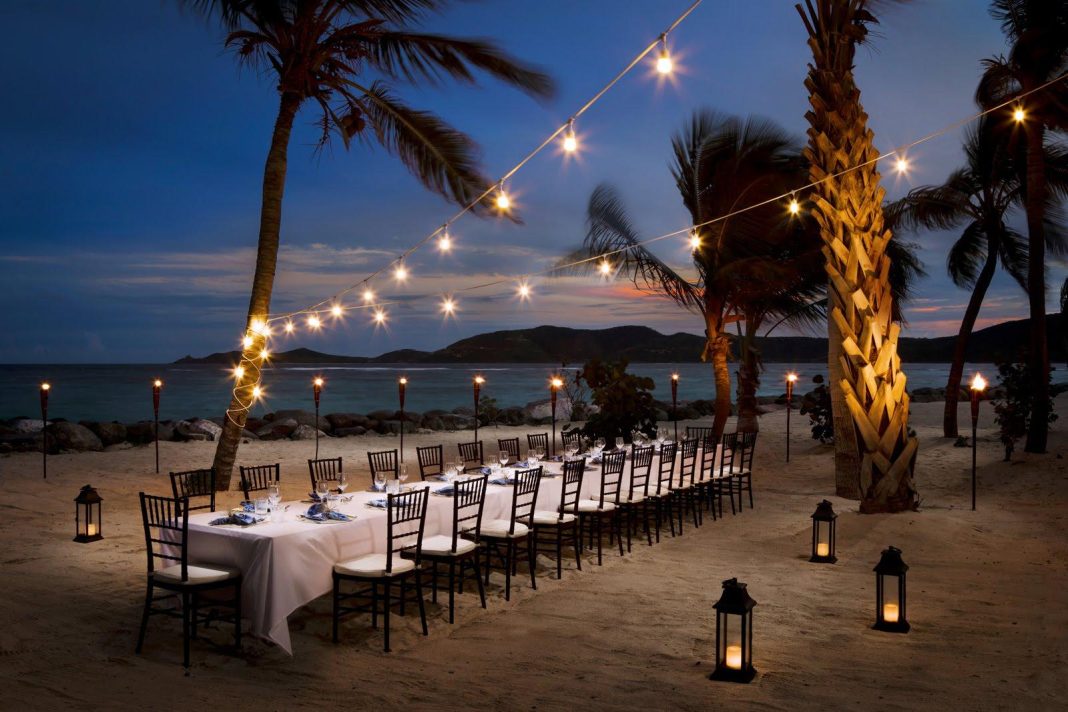In recent years, the allure of exclusive travel experiences has captivated affluent families seeking unique and luxurious adventures around the globe. These meticulously curated journeys, ranging from private island retreats to bespoke cultural immersions, promise unparalleled access and privilege. However, beneath their shimmering surface lies a more complex narrative—one that raises critical questions about the impact of such experiences on societal structures and family dynamics. This article delves into how the pursuit of exclusivity in travel not only reinforces social stratification but also cultivates a form of elitism within family life, potentially reshaping values and priorities. By examining the intersection of luxury tourism and familial relationships, we aim to uncover the broader implications of this trend, challenging readers to consider the true cost of exclusivity in a world increasingly defined by disparity.
Socioeconomic Impacts of Luxury Family Travel
Luxury family travel, while offering unforgettable experiences and unique opportunities for bonding, can inadvertently contribute to socioeconomic divides. Families engaging in these high-end experiences often gain access to exclusive cultural, educational, and social activities that are not readily available to the average family. This access can result in a form of modern elitism, where children from affluent backgrounds develop a skewed perception of normalcy and entitlement. The disparity in travel experiences reinforces existing socioeconomic gaps, as children from less privileged backgrounds may miss out on similar developmental opportunities.
- Educational Advantage: Exclusive travel experiences often include private tours, language immersion, and personalized educational programs, giving children an educational edge.
- Social Networking: Luxury travel often involves interactions with other affluent families, fostering networks that can be leveraged for future personal and professional opportunities.
- Cultural Exposure: While beneficial, the type of cultural exposure provided through luxury travel can create a worldview that is limited to high-end experiences, potentially fostering a sense of superiority.
These impacts highlight the need for a balanced approach to travel, ensuring that all families have access to enriching experiences without perpetuating social inequalities. By promoting inclusivity and accessibility in travel, we can work towards bridging the gap and fostering a more equitable global community.

Disparities in Access to Unique Travel Opportunities
The world of luxury travel is often synonymous with exclusivity, but this exclusivity fosters a significant divide in who can participate in such experiences. Families with substantial financial resources often have access to bespoke travel packages, private tours, and unique cultural immersions that are not available to the average traveler. These experiences can include:
- Private yacht charters in the Mediterranean
- Personalized safaris in the African savanna
- Exclusive stays in historic castles or remote island resorts
- Custom culinary tours with renowned chefs
The disparity becomes evident when considering the impact on children’s social and cultural development. Those who can partake in these experiences gain a broader worldview and unique cultural insights, which can translate into advantages in educational and social settings. Conversely, families without access to such opportunities may find their children at a disadvantage, as they miss out on these formative experiences. This dichotomy not only underscores economic inequality but also emphasizes how wealth can shape the life experiences and opportunities available to younger generations.

Fostering Inclusive Travel Experiences for All Families
To truly democratize travel, it is crucial to dismantle the barriers that make vacations a privilege rather than a right. This means recognizing and addressing the diverse needs of families from various socioeconomic backgrounds. Accessible transportation, affordable accommodations, and flexible itineraries should be the norm, not the exception. By integrating these elements into the travel industry, we can create opportunities that resonate with a broader audience, fostering a culture of inclusivity rather than exclusivity.
Creating inclusive travel experiences involves more than just financial accessibility. It requires a conscious effort to embrace diversity in all its forms. Travel companies can implement strategies such as:
- Providing multilingual guides and resources
- Offering cultural sensitivity training for staff
- Ensuring facilities are accessible for individuals with disabilities
- Curating experiences that celebrate local cultures and traditions
By taking these steps, we can ensure that travel becomes a shared experience, enriching families of all backgrounds and fostering a global community that values inclusion over elitism.

Strategies for Balancing Exclusivity with Accessibility in Family Travel
Incorporating exclusive travel experiences into family vacations can often result in the perception of elitism, but there are strategic approaches to harmonize this with accessibility. The key lies in curated inclusivity, where unique experiences are shared in a manner that is both attainable and enriching for families from diverse backgrounds. Families can embrace exclusivity by selecting experiences that offer a deeper connection to culture and community, such as:
- Participating in local festivals or cultural workshops that welcome tourists and locals alike.
- Engaging in eco-friendly tours that not only provide unique insights but also contribute to local conservation efforts.
- Choosing family-run accommodations that offer personalized experiences while supporting local businesses.
By prioritizing authentic connections over extravagant amenities, families can access exclusive experiences that are inclusive by nature. This approach not only enriches the travel experience but also fosters a sense of global community and understanding. It’s about creating a travel narrative that values experiences over opulence, making exclusivity a shared journey rather than an isolated indulgence.



